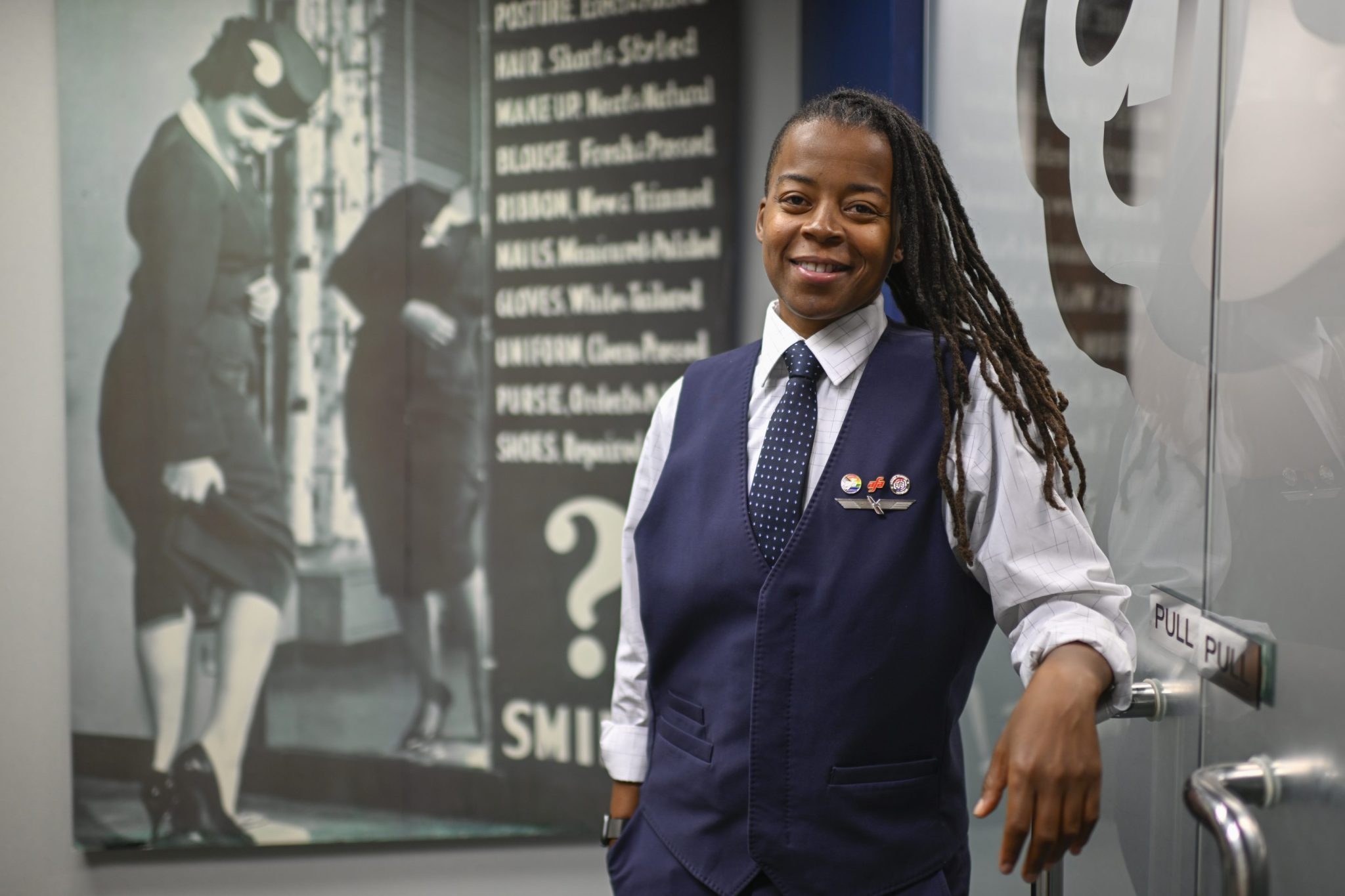Women make up roughly half of U.S. labor union membership, but representation in top level union leadership positions has lagged, even in female-dominated industries and particularly for women of color.
But Black and Latina women are starting to gain ground, landing top positions at some of the biggest unions in the U.S. That has translated into wins at the bargaining table that focus more attention on family-friendly benefits like parental leave and health care coverage, as well as protections against sexual harassment.
Often when people think about unions, “they think of a white guy in a hard hat. But in fact, studies show that about two-thirds of working people who are covered by a union contract are women and/or people of color,” said Georgetown University labor historian Lane Windham.
Indeed, hospitality union UNITE HERE’s membership is majority women and people of color. And last month, more than 12,000 of them across six states went on strike to push for wage increases, fair workloads and more affordable health care under the leadership of Gwen Mills, who in June became the first woman to be elected union president in its 130-year history.
Data from the U.S. Department of Labor shows that Black and Latina women experience a particularly wide gender pay gap. They also face intersectional headwinds of both racism and sexism in their careers, making them even more attuned to inequities in the workplace and motivating them to increasingly step up the fight as union leaders.
Black and Latina women are driving labor union growth in the U.S. amid a decades-long decline in membership. In 2023, Black women’s union membership rate notched a slight bump from 10.3% to 10.5%, while Latinas went up from 8.5% to 8.8%. But that’s still more than white men and women as well as Asian women, whose membership experienced a decrease during the same time period.
Momentum for Black and Latina women rising into labor union leadership has picked up in the last five years. But the work began long before that by “our foremothers who laid this foundation and have been pushing and kicking those doors open for decades,” according to Liz Shuler, who in June 2022 became the first woman in history to lead the AFL-CIO, a federation of 60 national and international labor unions.
“The #MeToo movement, I think, has really emboldened women across the board, including in labor, to say, you know what? I’m not going to be sitting on…
Click Here to Read the Full Original Article at Fortune | FORTUNE…


